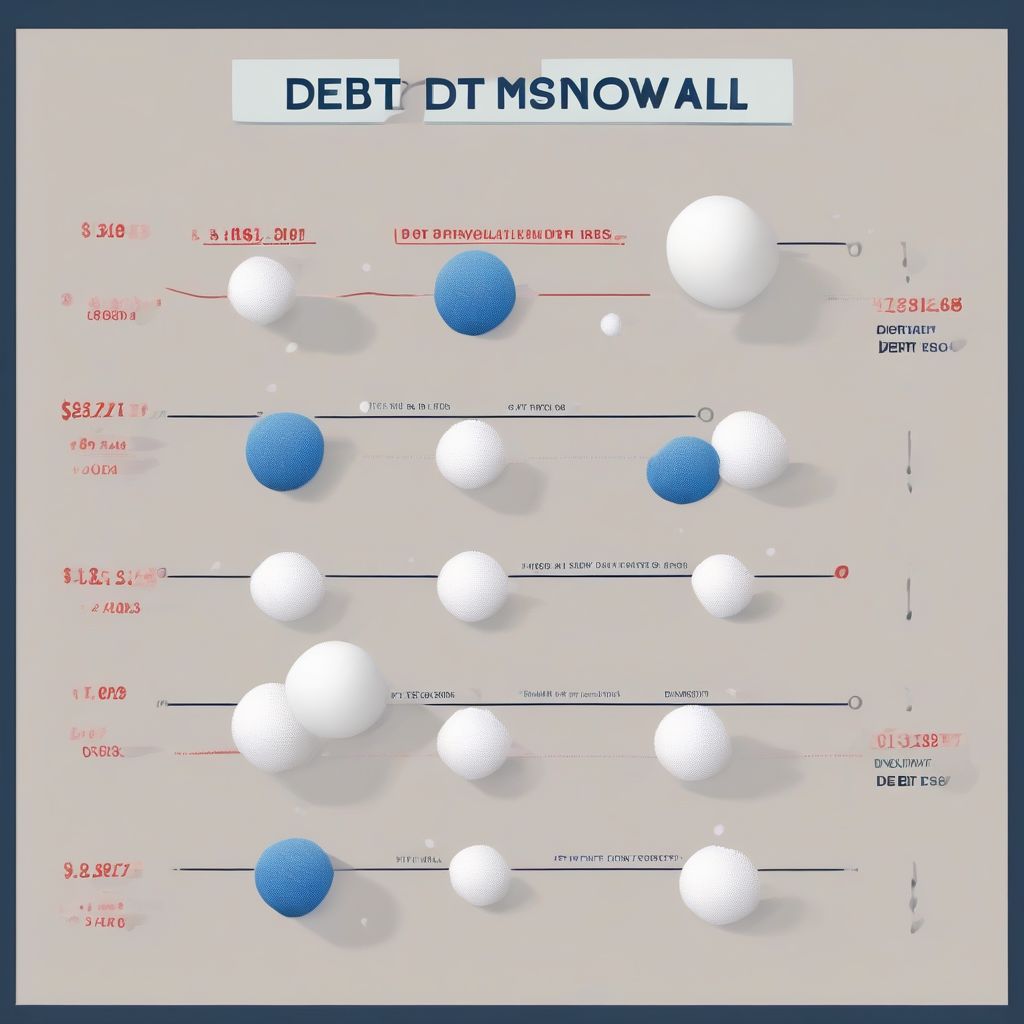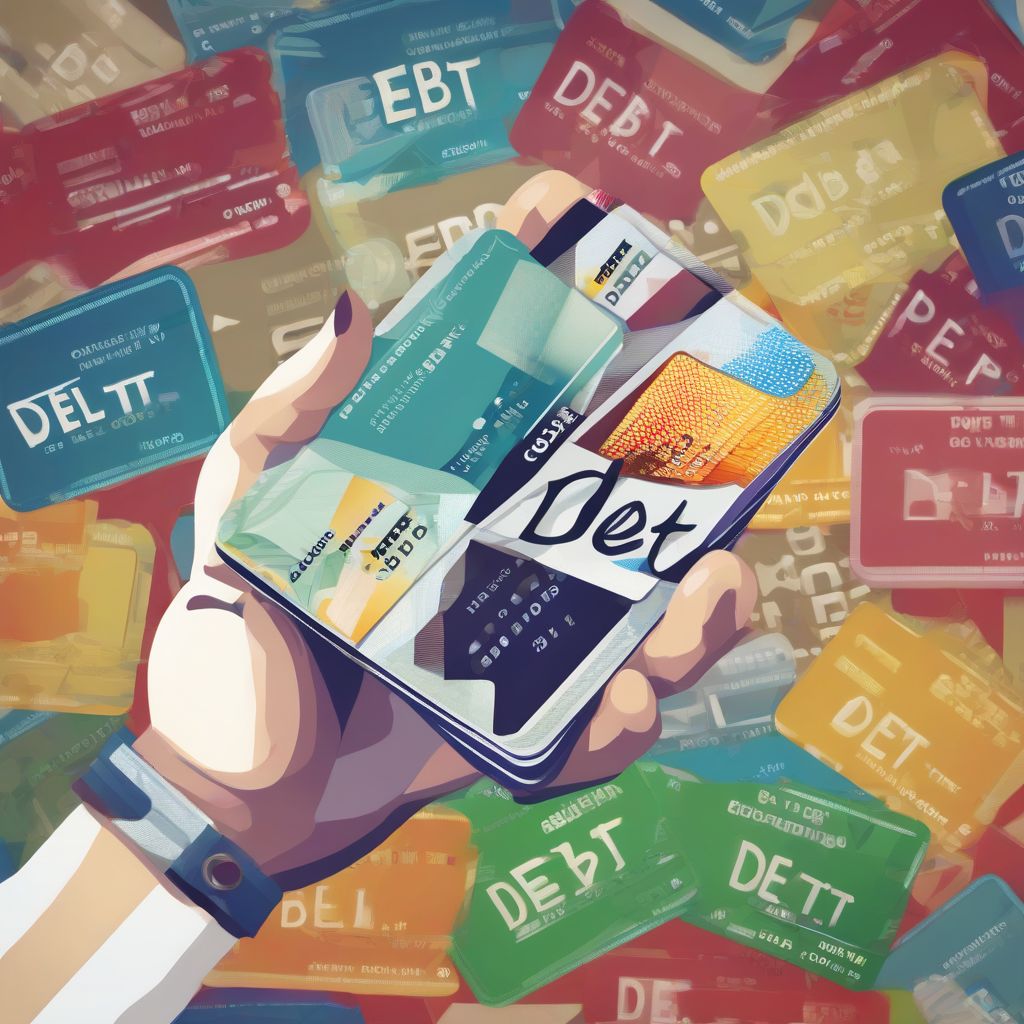Are you drowning in debt and feeling overwhelmed about finding a way out? You’re not alone. Millions of Americans struggle with debt, and it can feel like an impossible mountain to climb. Fortunately, there are several debt relief options available to help you regain control of your finances. This article will explore the Best Debt Relief Options and guide you toward finding the best fit for your situation.
Understanding Your Debt and Relief Options
Before diving into specific debt relief options, taking stock of your current financial situation, including the types of debt you have and your overall budget, is crucial.
What are the Most Common Types of Debt?
- Credit card debt: Known for high-interest rates, credit card debt can quickly accumulate and become difficult to manage.
- Student loan debt: With rising tuition costs, student loan debt is a significant burden for many individuals.
- Medical debt: Unexpected illnesses or injuries can lead to substantial medical bills, often resulting in overwhelming debt.
- Personal loans: Taken out for various reasons, such as home renovations or unexpected expenses, personal loans can vary in interest rates and repayment terms.
suckhoetuoitre.com/wp-content/uploads/2024/08/stressed-person-looking-at-bills-66b6e4.jpg" alt="Stressed person reviewing their bills" width="1024" height="1024">Stressed person reviewing their bills
Analyzing Your Debt and Creating a Budget
To determine the best debt relief option for your needs, analyze your debt by listing each debt source, the outstanding balance, interest rates, and minimum monthly payments. This will give you a clear picture of your debt load. Next, create a detailed budget that tracks your income and expenses. Identify areas where you can cut back on spending to free up more money for debt repayment.
Exploring the Best Debt Relief Options
Now that you have a firm grasp of your debt and budget let’s explore the most effective debt relief options:
1. Debt Consolidation Loans
A debt consolidation loan allows you to combine multiple debts into one new loan, ideally with a lower interest rate than your existing debts. This simplifies your monthly payments and can save you money on interest over the life of the loan.
Who is it best for? Individuals with good credit scores who can qualify for a lower interest rate and want to simplify their debt repayment.
2. Debt Management Programs
Offered by credit counseling agencies, debt management programs negotiate with your creditors to lower interest rates and create a manageable repayment plan. You make monthly payments to the credit counseling agency, which then distributes the funds to your creditors.
Who is it best for? People struggling to make minimum payments or who want help negotiating with creditors.
3. Debt Settlement
Debt settlement involves negotiating with your creditors to settle your debt for less than what you owe. While this can significantly reduce your debt, it can also negatively impact your credit score and may have tax implications.
Who is it best for? Individuals with significant debt who are behind on payments and willing to accept the potential credit score impact.
4. Bankruptcy
While often seen as a last resort, bankruptcy can provide a fresh start for those overwhelmed with debt. It involves a legal process that can discharge or reorganize your debts, but it will severely damage your credit.
Who is it best for? Individuals with a high debt-to-income ratio who cannot manage their debt through other means and are willing to accept the long-term consequences to their credit.
Choosing the Right Debt Relief Option
Selecting the right debt relief option depends on your unique financial circumstances, credit score, and personal preferences. Consider seeking advice from a financial advisor or credit counselor who can assess your situation and recommend the best course of action.
Conclusion
Dealing with debt can feel overwhelming, but remember that you have options. By exploring the best debt relief options, taking control of your finances, and making informed decisions, you can work towards a brighter financial future.


